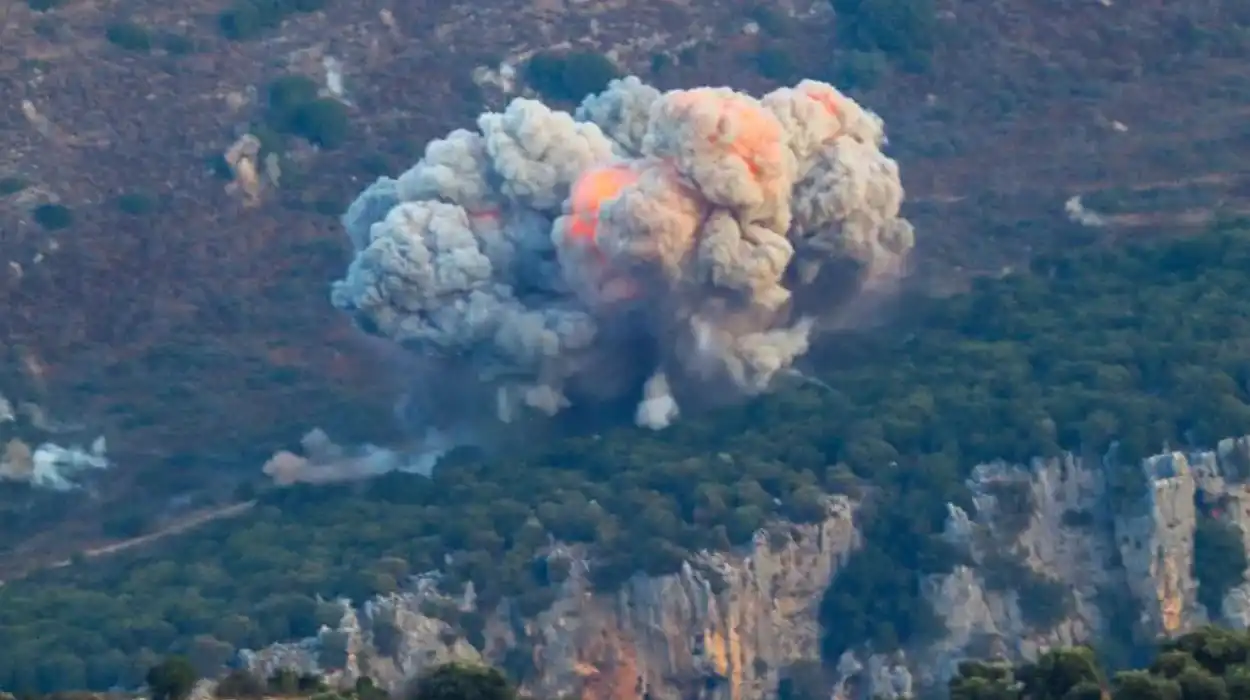Israeli leaders are expressing satisfaction with the recent military offensive against Hezbollah, which escalated from the detonation of weaponized pagers to intense airstrikes. Defence Minister Yoav Gallant hailed Monday’s airstrikes as a “masterpiece,” asserting it marked one of Hezbollah’s worst weeks since its founding. Israeli officials claim thousands of rockets were destroyed, potentially saving many Israeli lives, but Lebanon reports over 550 civilian casualties, including 50 children, raising concerns about the humanitarian impact.
The Israeli government believes that a vigorous offensive will compel Hezbollah to reconsider its stance and reduce rocket attacks into Israel. Prime Minister Benjamin Netanyahu aims to tilt the balance of power away from Hezbollah, asserting that the military’s objective is to push the group back from the border and dismantle its military infrastructure.
Comparisons to Past Conflicts
Some Israeli commentators have likened the airstrikes to Operation Focus, Israel’s 1967 attack on Egypt, which led to significant territorial gains. However, experts caution that Lebanon’s complex terrain and Hezbollah’s entrenched positions present unique challenges. Unlike Hamas, Hezbollah is well-equipped, with estimates suggesting it possesses 120,000 to 200,000 missiles and rockets.
Despite the offensive, analysts warn that Israel may not be able to diminish Hezbollah’s capacity or resolve to retaliate. Historically, conflicts with Hezbollah have resulted in attritional warfare, and the current situation may follow a similar pattern, despite the Israeli military’s recent successes.
Civilian Impact and International Response
Israel has been criticized for its treatment of civilians, with accusations that it has not adequately protected non-combatants during the conflict. The UN and other international bodies emphasize the need to adhere to laws of war, which prohibit indiscriminate attacks and mandate civilian protection.
As the conflict continues, the humanitarian situation in Lebanon worsens, with many civilians caught in the crossfire and struggling to survive amidst economic challenges. Observers fear that if the situation escalates further, it could lead to a more significant regional conflict, drawing in various international actors and complicating diplomatic efforts for peace.

